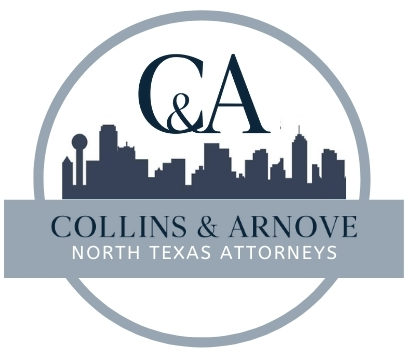In a Chapter 13 Bankruptcy there is a claims process that occurs among the parties. In simplicity it works as follows:
— the creditor receives notification of the Bankruptcy from the Court
— the creditor files a “proof of claim” with the Court showing the debt and proof of how it is owed
— during the case the debtor pays a trustee who holds the money
— the trustee will the disburse the funds according to the terms of the plan
This is the process explained in its most simple form. From a debtor’s perspective — it is pretty easy as you just make the payments. You as the debtor sit back and relax and let the attorneys, trustees, and creditors deal with the details. However, I’m going to explain two common mistakes that I see in this process and why hiring the right Bankruptcy Attorney can and does make a difference in what happens in your case. As I’ve explained in another post located HERE — every Chapter 13 attorney gets paid the same amount (with limited exceptions). So you might as well hire one who has a proven track record of doing a good job.
Scenario #1 — The Filing of a Mortgage Arrears Claim with Interest
As the Chapter 13 Debtor you have the ability to pay back your mortgage arrears over a long period of time. So during this process the mortgage company will file a proof of claim showing the exact amount that you are behind. The mortgage arrears should be paid back at 0% interest as the arrears amount already includes unpaid interest. However, when the mortgage company files the claim they put the interest rate of the loan. Unfortunately, due to the way the form is set up the trustee will pay the claim with interest.
How Collins & Arnove fixes this: We file an objection to the mortgage claim. The mortgage company never objects and the mortgage arrears is paid back with zero percent interest.
MANY MANY other attorneys will not bother with the filing of this objection. Why — because the attorney gets paid the same amount whether they file the objection or not. I’ve even some other attorneys set up their client(s) plan to already include the interest on the arrears (talk about not working for you)!
Many times filing the objection won’t make a tremendous difference in a case (another reason why some attorneys won’t file the objection). However, many times it can and does. Some examples would be when that money is being taken away from other things that need to be paid (like or IRS debt) or not going toward things that might survive the Chapter 13 discharge (like student loans).
Scenario #2 — Debts beyond the statute of limitations
In a recent Supreme Court case, Midland Funding LLC v. Johnson, the Court ruled that it is legal for a creditor to file a claim beyond the statute of limitations. Here in Texas, the statute of limitations for most voluntary consumer debt is 4 years. It is common practice for companies called “factoring companies” to buy the debt for pennies on the dollar and then try to collect upon it. As part of this process they will file a claim with the BK Court hoping to get paid as part of a plan. I see mistakes here in other cases as other attorneys routinely just do not analyze proofs of claim to see if they are beyond the statute of limitations.
How Collins & Arnove fixes this. Again — we will file an objection to the claim and serve it on the creditor. It is then up to them to prove that the claim is valid. Once we file an objection they generally never pursue it (because they know it isn’t valid and were trying to sneak it in anyway) and the claim is now dead. The debt will still be discharged in the Chapter 13 process.
Again, sometimes not filing this objection may not have made a difference in your case. However, many times it will. This is especially true for individuals with high income who are paying a large percent of their creditors back. It also makes a difference if you have things surviving the discharge (student loans) or if you need as many dollars as possible going to things like the IRS, mortgage arrears, and secured debt in your plan.
Conclusion
These are just a couple of examples of things that the right attorney can take care of in this process. Generally, all attorneys are paid the same amount in a case as it Court mandated. You can read about this HERE. At Collins & Arnove we review all the proofs of claim to make sure they are being paid correctly and to YOUR best benefit.
Written by:
William Collins
